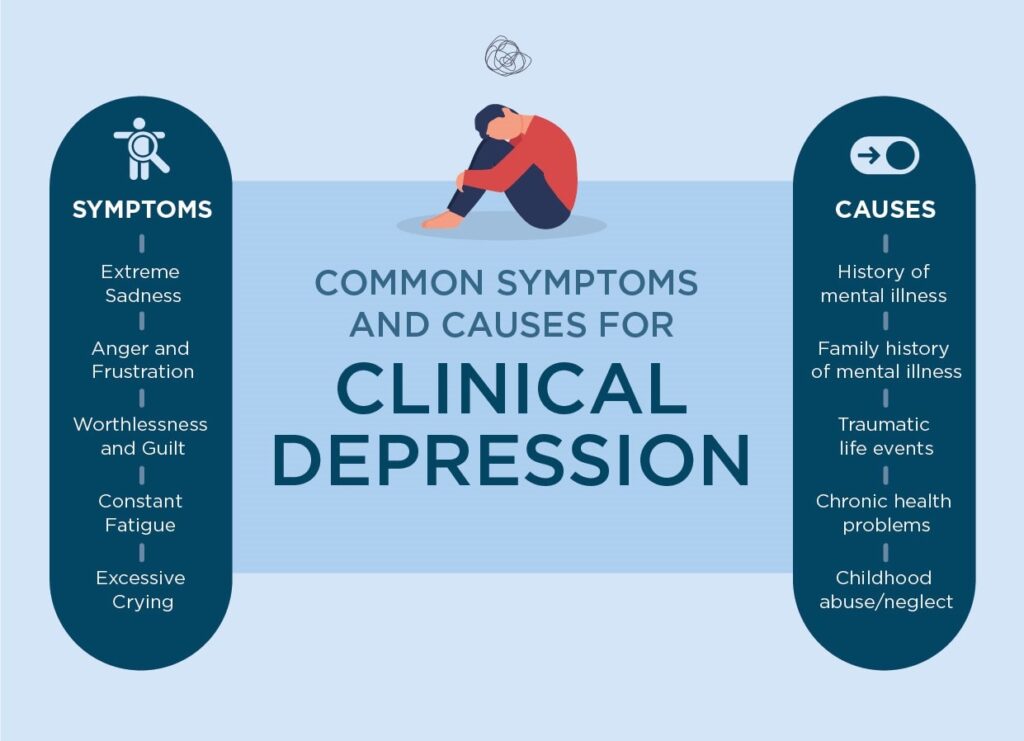




Clinical depression, or major depressive disorder, is a severe mental illness that can have a huge effect on an individual's daily life. Though it's natural to feel sad or hopeless sometimes, clinical depression is an ongoing and often debilitating condition that needs professional help. In other instances, clinical depression can turn into an emergency where one should seek help immediately. Here, in this blog post, we will look at when clinical depression is an emergency and how you can seek help.
Clinical depression is a mood disorder that causes persistent feelings of sadness, hopelessness, and loss of interest in activities that a person once enjoyed. It can also cause physical symptoms like fatigue, changes in appetite and sleep patterns, and difficulty concentrating. While the exact causes of clinical depression are not fully understood, it's believed to be a combination of genetic, environmental, and biological factors.

Although clinical depression is a serious illness that needs to be treated professionally, it does not necessarily need to be treated as an emergency situation. But then there are some signs and symptoms that are sure signs that one is having a mental health emergency. These can be:
If a person is experiencing thoughts of suicide or has made a suicide attempt, it's important to seek immediate medical attention. This can involve calling emergency services or going to the nearest hospital emergency department.
In some cases, clinical depression can be accompanied by psychotic symptoms like hallucinations or delusions. If a person is experiencing these symptoms, it's important to seek emergency help right away.
If a person is experiencing extreme agitation or aggression, it's important to seek emergency help to prevent harm to themselves or others.
In rare cases, clinical depression can cause severe physical symptoms like chest pain or difficulty breathing. If a person is experiencing these symptoms, it's important to seek immediate medical attention.
If you or someone you care about is suffering from clinical depression, seek the assistance of a professional. This could be a visit to a mental health practitioner such as a psychiatrist or psychologist or a conversation with your primary physician. Medication can sometimes be prescribed to alleviate symptoms of depression. Therapy and counseling can also be useful treatments for clinical depression.
In summary, clinical depression is a severe mental disorder that may need expert intervention. Although it need not always be treated as an emergency, there are specific symptoms and signs that may qualify as a mental health crisis. With proper intervention and care, one can cope with clinical depression symptoms and enhance the quality of life.